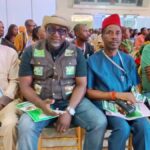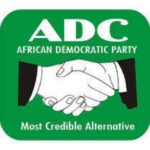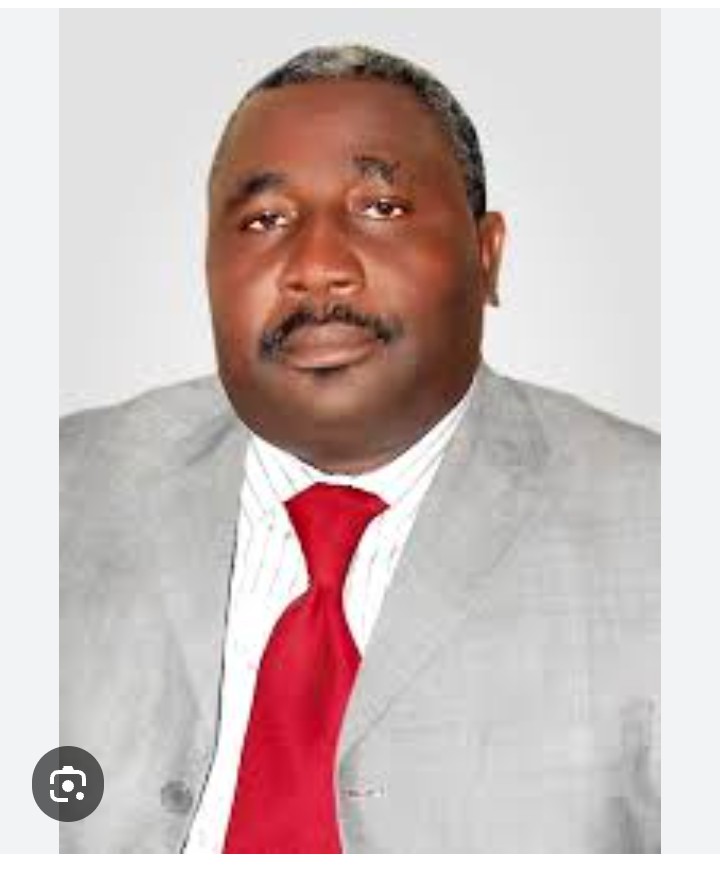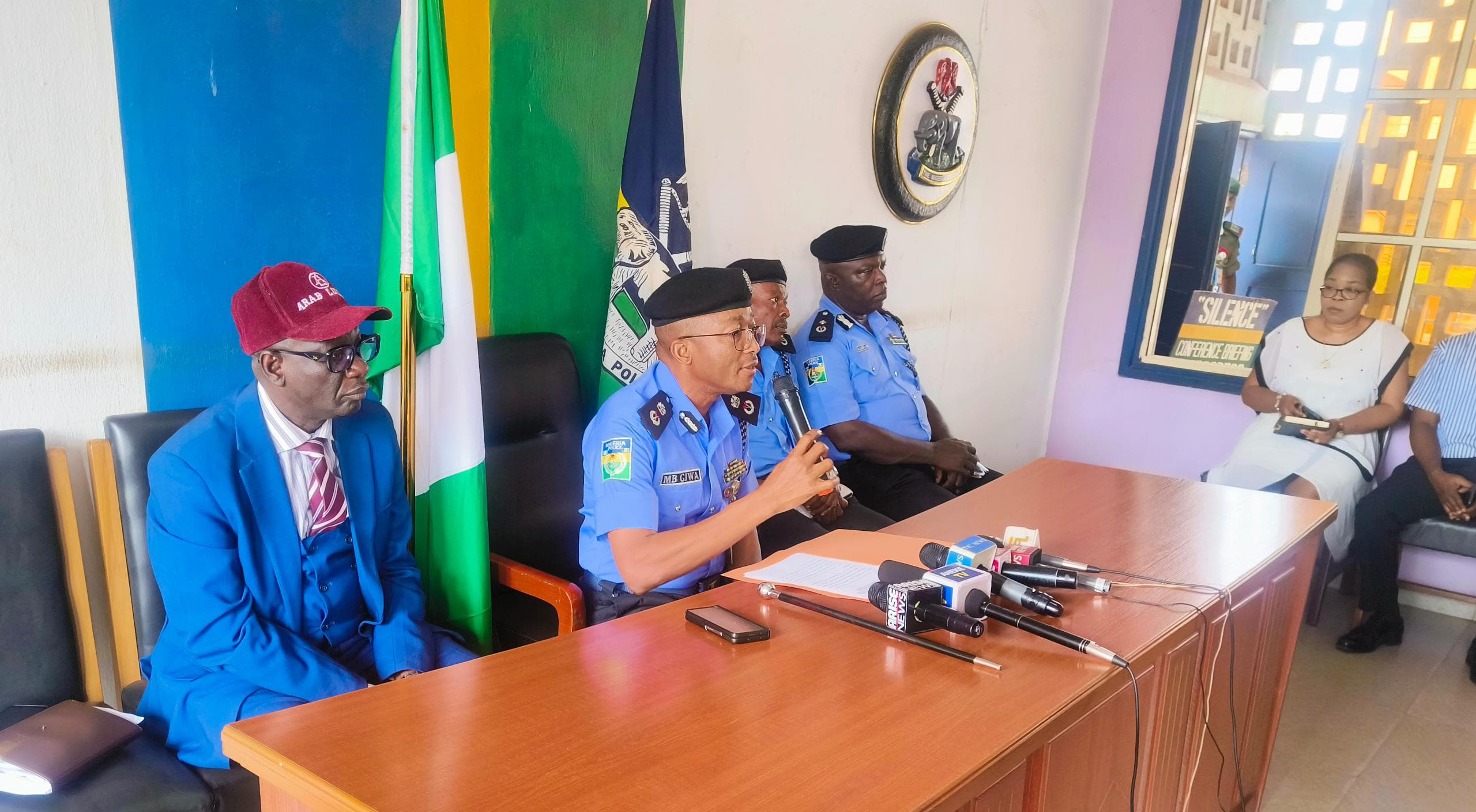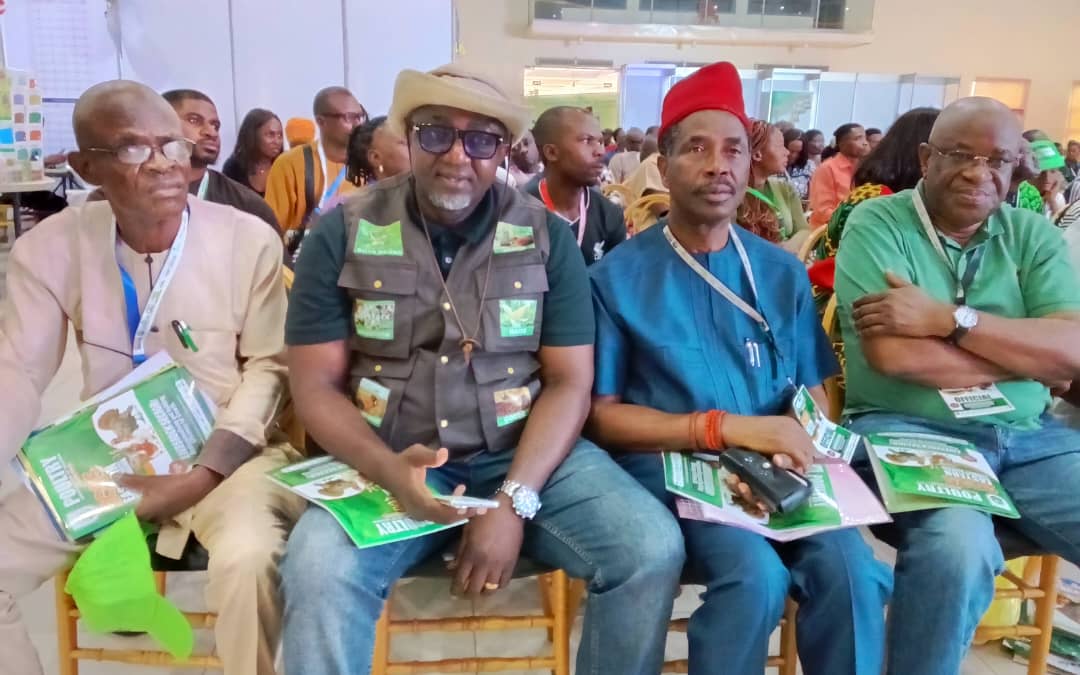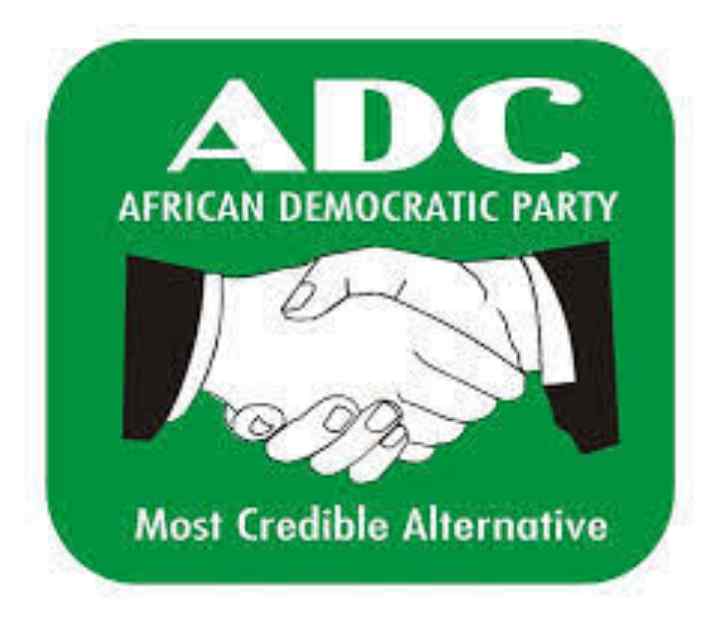 Bridges Over Barricades: Building a Pathway to Unity and Progress in Nigeria
Bridges Over Barricades: Building a Pathway to Unity and Progress in Nigeria
By Maxwell Menkiti Ngene
In a country where divisions, marginalization, and conflicts often dominate the newspaper, radio, and television news headlines, we must begin to rethink our relationships and life as a people under one nation. To successfully do so, we must, of necessity, begin a national media campaign – a massive public enlightenment effort that would harp on the need for the citizens to build bridges rather than barricades. This metaphorical expression represents a desire for connection, friendliness, understanding, and unity – enduring values that are essential for building a united, harmonious, and progressive society. By building bridges, we acknowledge that our differences are not insurmountable barriers, but rather opportunities for learning, cooperating, collaborating, and growing. It is an opportunity to treat one another like a human being rather than an object.
Bridges in the context we are using it here symbolize connection, understanding, and inclusion. It is a metaphorical word that links people, ideas, communities, and ethnic nationalities fostering collaboration and mutual exchange. Imagine a Nigeria where individuals from diverse backgrounds in terms of ethnic and religious leanings come together to share their experiences and expertise to create something new and innovative. This is the power of bridges – they bring people together, facilitating a rich exchange of ideas, languages, and cultures. By doing so, bridges promote empathy and mutual respect, helping to break down stereotypes, myths, and barriers and build a sense of oneness and belonging.
In contrast, barricades represent division, conflict, and exclusion. Barricades are man-made and separate people, diminish their worth, and foster isolation, often leading to hatred, opposition, resistance, and violence. By restricting access and marginalizing certain groups, barricades promote inequality and hinder social progress. The consequences of this approach are far-reaching, leading to a jaundiced and fragmented society, a society where individuals and groups are pitted against each other in an endless struggle for superiority and dominance. This is a country profoundly blessed by God but where fear, mistrust, and hostility reign supreme, stifling creativity, innovation, and collaboration.
By preferring bridges to barricades, we’re advocating for a more inclusive and collaborative approach to addressing the challenges we face in our multiethnic country today. This involves embracing honest dialogue, empathy, collaboration, compromise, and mutual respect – values that are essential for building a harmonious and progressive society. Dialogue allows us to engage with others, sharing our perspectives and listening to their experiences. Empathy enables us to understand and appreciate the challenges and struggles faced by others, fostering compassion and kindness. Collaboration brings people together, leveraging our collective strengths and expertise to achieve common goals. Compromise involves finding common ground, being willing to yield, and seeking mutually beneficial solutions.
The benefits of building bridges are far-reaching. By fostering greater understanding and empathy, we can break down barriers and build stronger, more meaningful relationships. This, in turn, promotes social cohesion and inclusion, creating a more harmonious and equitable society. Moreover, by working together and sharing our knowledge and expertise, we can drive progress and innovation, tackling complex challenges and achieving greater success. In essence, building bridges allows us to create a better world – a world where diversity is celebrated, and everyone has the opportunity to thrive.
In conclusion, building bridges over barricades is a deliberate choice that requires effort, patience, and a willingness to listen and learn from others. By making this choice, we can create a more harmonious and progressive society, where everyone has the opportunity to succeed, regardless of their background, culture, or perspective.
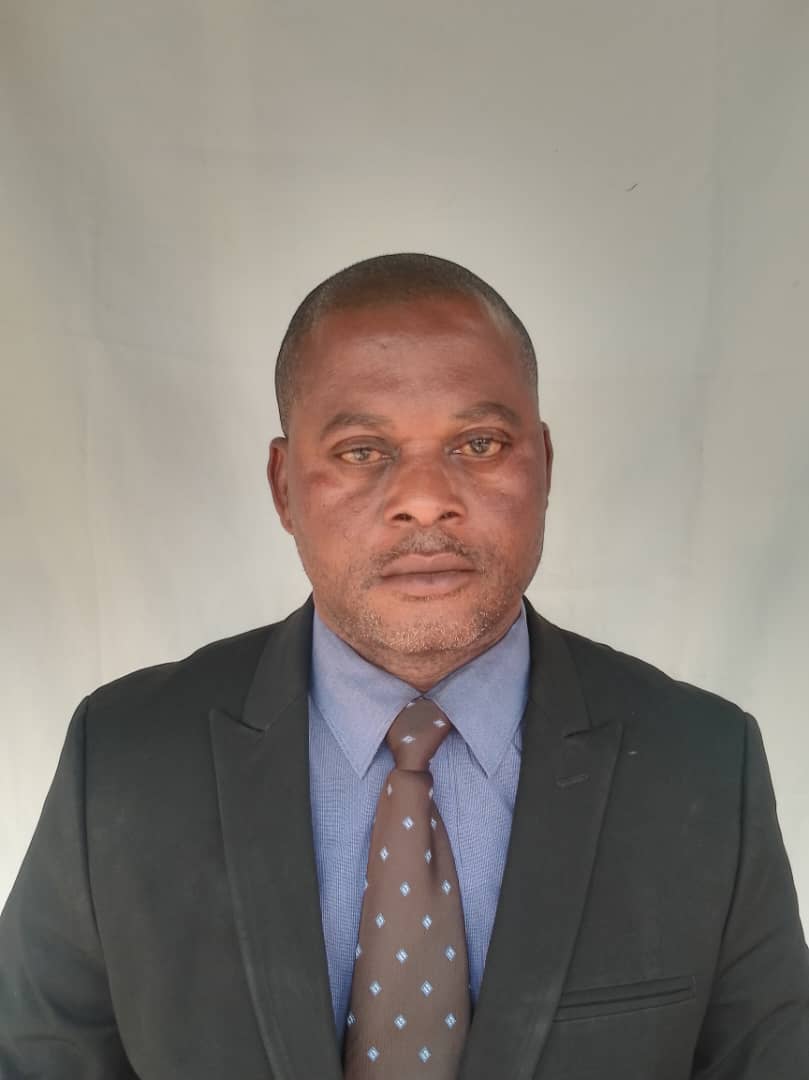
EDITOR
Sam Udekwe is a journalist working in the News and Current Affairs department, Enugu State Broadcasting Service (ESBS) Enugu. He is well trained in all genres of journalistic venture.
Mr Sam read Mass Communication, graduating all with Distinction in National Diploma, Higher National Diploma and Postgraduate Diploma at IMT, Enugu and Madonna University, Okija, Anambra state, as well as M.Sc Mass Communication with Second Class(Upper Division) at National Open University of Nigeria.
He is the immediate past NUJ Chairman, Enugu state.
samowailo@gmail.com


